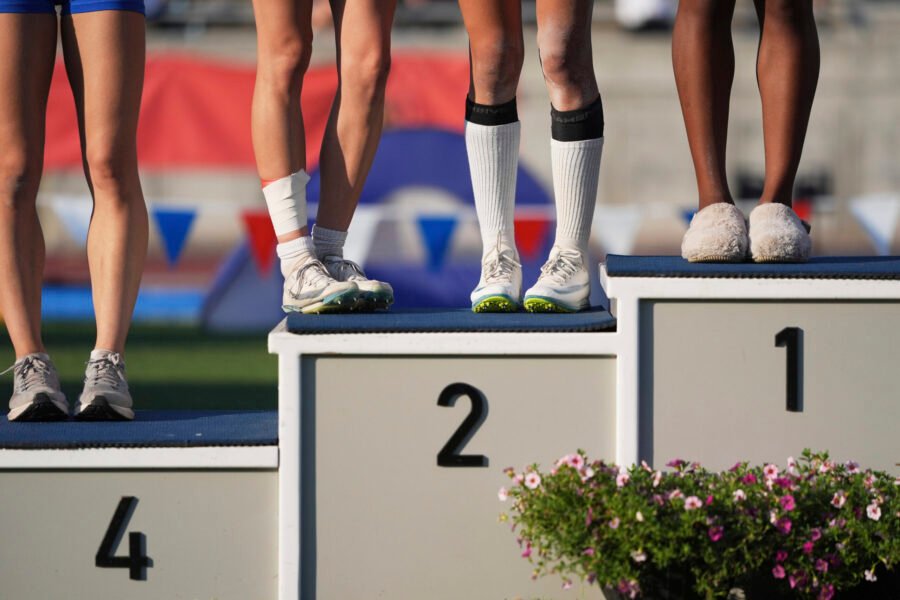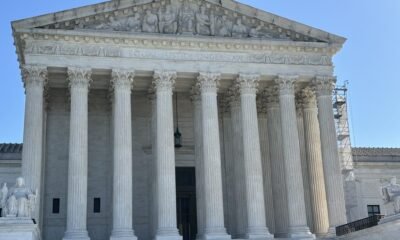ban
Expert Testimony Sparks Heated Debate Over Transgender Sports Ban

A legal battle over a state ban restricting transgender girls from competing in school sports is underway, with both sides addressing the legitimacy of expert testimony. The case involves two unnamed transgender girls and raises broader questions about gender differences in athletic performance, particularly in light of gender-affirming care.
This lawsuit will determine if the state can justify excluding transgender girls from sports, claiming it affects fairness and safety. Defenders of the law, including State Superintendent Tom Horne, have previously faced similar challenges. Judge Jennifer Zipps had issued a preliminary injunction allowing the plaintiffs to join girls’ teams, prioritizing expert evidence.
In her decision, Zipps found insufficient evidence supporting claims that transgender girls hold athletic advantages over peers before puberty. As the case reenters federal court, the admissibility of expert testimony remains a central issue, potentially influencing the outcome.
Expert witnesses on both sides will examine developmental differences between sexes and their impact on sports. The plaintiffs’ team includes Dr. Daniel Shumer, Dr. William Shannon, and Dr. Stephanie Budge. Each brings a distinct background relevant to the case.
Defendants have countered with experts such as Dr. Chad Carlson and Linda Blade, who argue for the ban’s benefits. The Federal Rule of Evidence demands that expert testimony must be founded on reliable data and methodologies, and courts are tasked with weeding out irrelevant or unreliable information.
Recently, Petersen and Montenegro challenged the admissibility of Shumer’s testimony, claiming plagiarism. However, the court deemed his qualifications adequate, despite some citation issues. Now, the plaintiffs aim to exclude all four defense witnesses, arguing they lack relevant experience and have a history of bias against transgender individuals.
Plaintiffs’ attorney Rachel Berg stresses that being transgender does not correlate with athletic prowess, questioning the validity of the defense’s claims. Meanwhile, attorney Caitlin Fitz-Maurice maintains that the defense experts’ insights are crucial in analyzing the law’s intent to ensure safety and fairness.
The case is approaching critical phases, as both parties submit motions for summary judgment, each seeking to uphold or overturn the ban. The 9th Circuit previously upheld the injunction by Zipps and the matter is pending certiorari review by the U.S. Supreme Court.


















